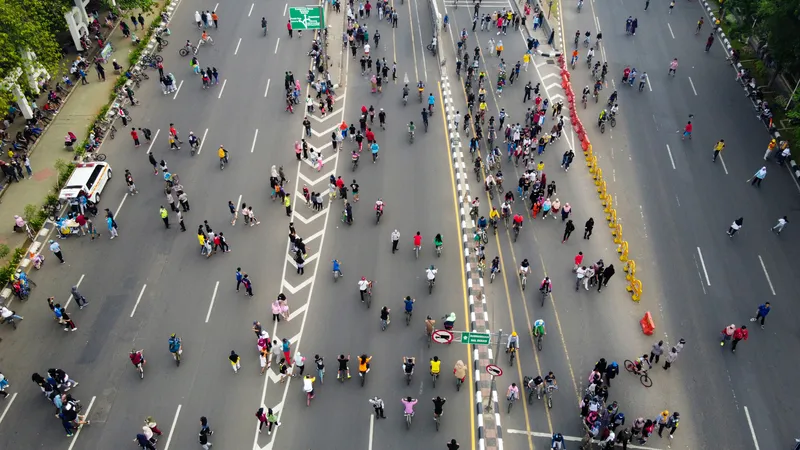The first memorandum of understanding between the International Association of Public Transport (UITP) and the European Cyclists’ Federation (ECF) will see the two organisations work more closely on policy initiatives in order to strengthen the voice of sustainable urban transport.
They will work to achieve more sustainable and active mobility in Europe and support each other’s missions to increase the number of cycling trips to 15 per cent and double the modal share of public transport by 2025, which w
September 15, 2015
Read time: 2 mins
The first memorandum of understanding between the 3833 International Association of Public Transport (UITP) and the European Cyclists’ Federation (ECF) will see the two organisations work more closely on policy initiatives in order to strengthen the voice of sustainable urban transport.
They will work to achieve more sustainable and active mobility in Europe and support each other’s missions to increase the number of cycling trips to 15 per cent and double the modal share of public transport by 2025, which would result in more liveable and performing cities, contribute to green growth, and fight against climate change. Both parties see the benefits of an enhanced partnership to establish a stronger lobby position when talking to the European Institutions or the United Nations.
Bernhard Ensink, secretary general of the ECF said: “It is an important year to work together on the COP 21 and create impact in the process of the sustainable development goals.”
“Signing this memorandum to kick off European Mobility Week 2015 marks a timely occasion to further strengthen ties between the public transport and cycling communities and unite to call for more sustainable mobility choices worldwide,” said UITP secretary general Alain Flausch.
They will work to achieve more sustainable and active mobility in Europe and support each other’s missions to increase the number of cycling trips to 15 per cent and double the modal share of public transport by 2025, which would result in more liveable and performing cities, contribute to green growth, and fight against climate change. Both parties see the benefits of an enhanced partnership to establish a stronger lobby position when talking to the European Institutions or the United Nations.
Bernhard Ensink, secretary general of the ECF said: “It is an important year to work together on the COP 21 and create impact in the process of the sustainable development goals.”
“Signing this memorandum to kick off European Mobility Week 2015 marks a timely occasion to further strengthen ties between the public transport and cycling communities and unite to call for more sustainable mobility choices worldwide,” said UITP secretary general Alain Flausch.










